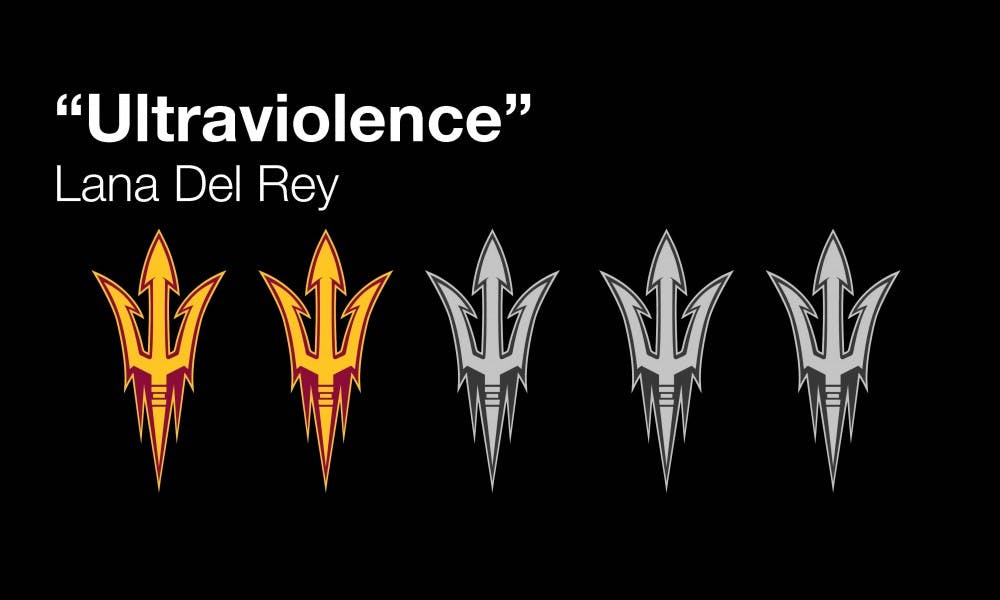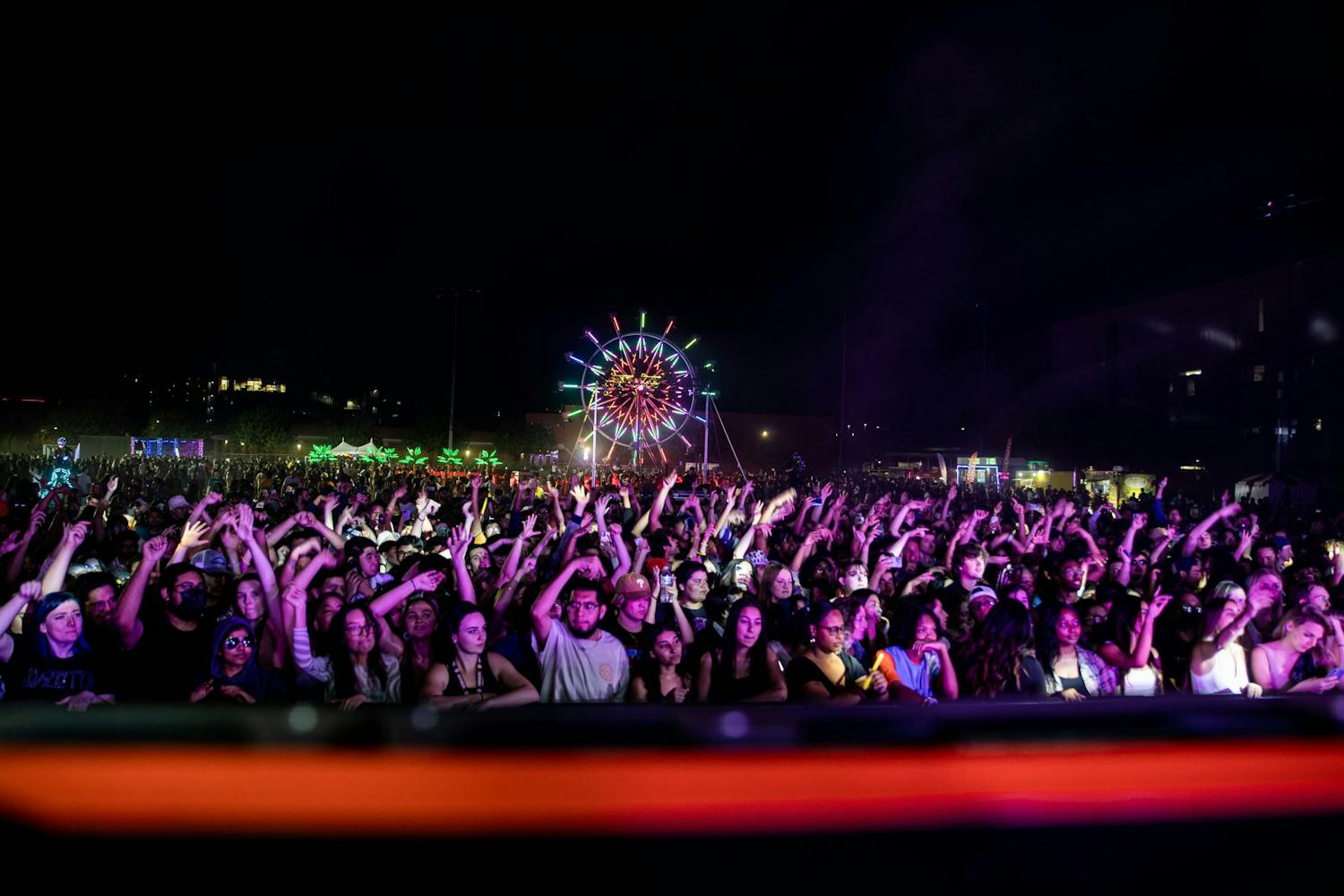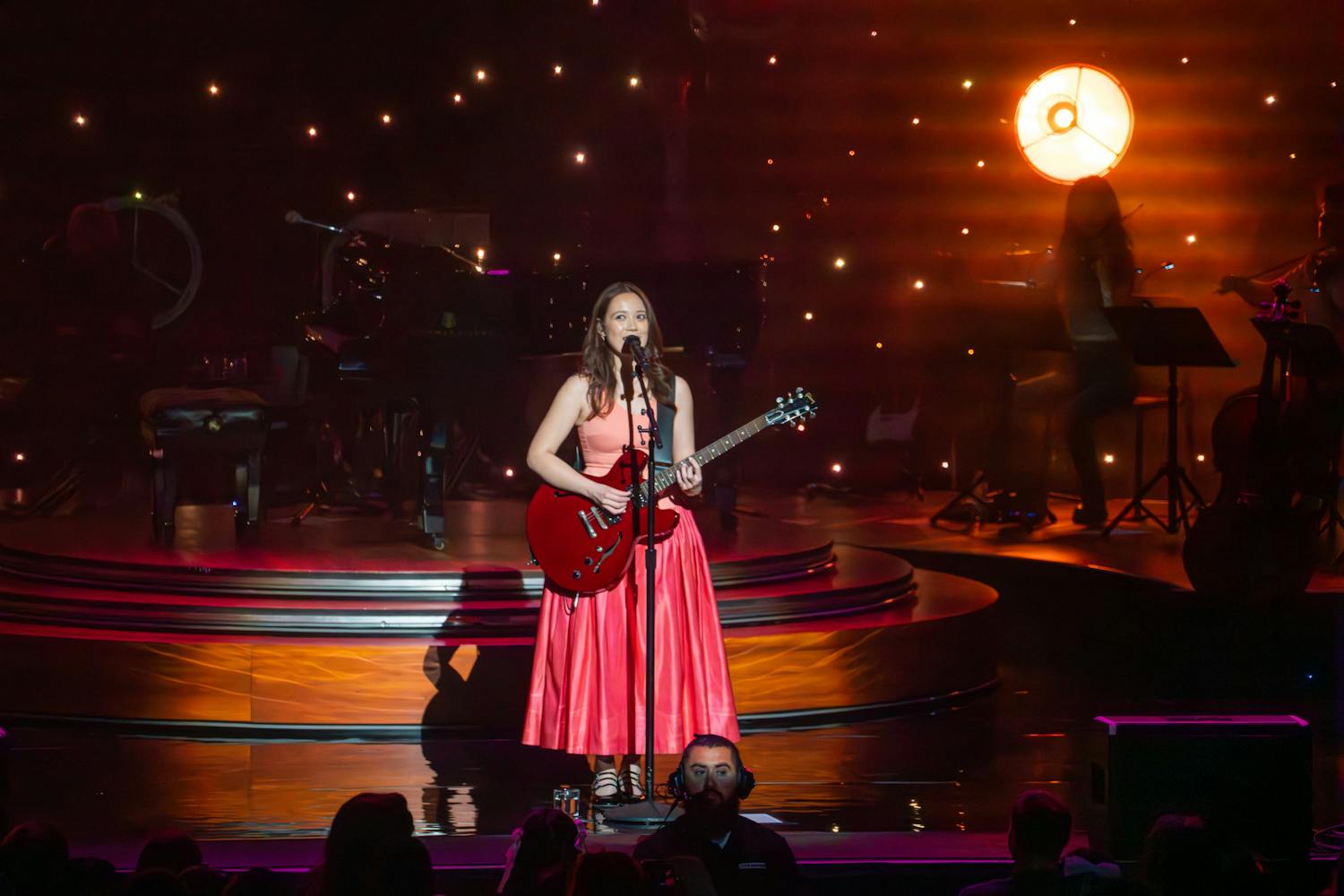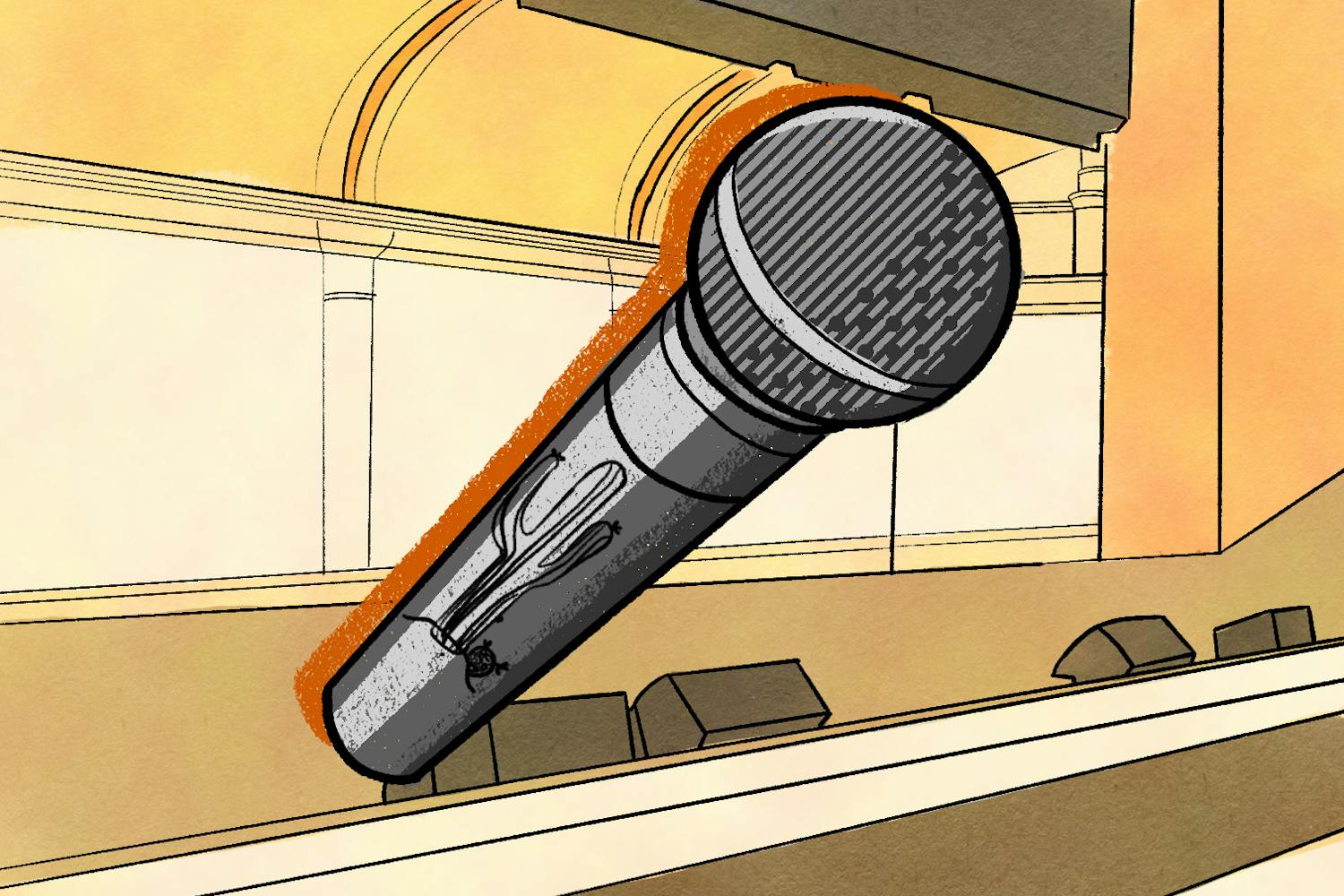While doing press for her hotly anticipated third studio album "Ultraviolence," Lana Del Rey told The Guardian, "I wish I was dead already." This statement garnered a fairly high amount of criticism, which reached a fever pitch when the daughter of deceased Nirvana frontman Kurt Cobain wrote a series of tweets chastising her for glamorizing the death of young musicians.
On the defensive, Lana Del Rey tweeted (and subsequently deleted) several disparaging comments against The Guardian, suggesting that the interviewer asked leading questions to probe controversial answers out of her. This explanation would seem plausible, if only the sentiment was not consistent with everything Lana has said and done since folk-pop musician Lizzie Grant created the persona a few years ago. The name of her breakout album was "Born to Die." In the song "Dark Paradise," Del Rey literally croons, "I wish I was dead."
Many artists employ a calculated persona to accomplish what they themselves cannot; Batman gives Bruce Wayne the power to accomplish what he cannot as himself, much like Lana Del Rey gives Lizzie Grant to explore wider artistic boundaries. However, as made abundantly clear by her most recent faux-controversy, the veneer of the Lana Del Rey persona, which essentially amounts to Nancy Sinatra in a trailer park mashed with Julee Cruise through the filter of David Lynch, is flimsy. Lana Del Rey is overtly a parody, in case anyone had any doubt after she compared a certain part of her anatomy to the world's second most popular cola beverage, but what is she a parody of? "Ultraviolence," which is easily her most ambitious and arguably her messiest album yet, sort of answers that question.
She is still trying to figure it out.
Yet, millions are buying what Lana Del Rey and Interscope are selling. More than any Top 40 artist except for the even more persona-dependent Lady Gaga, Del Rey has inspired countless thinkpieces on why her musical message has tapped into the zeitgeist. This train of thought relies on the expectation that the masses are listening to the faded croons drowning into the ominous tones that make up every single popular Lana Del Rey song. Is it not reasonable to postulate the appeal of Lana Del Rey comes solely from her music being listenable alongside her projection of "white trash couture" being simultaneously chic and creepily relatable?
 Lana Del Rey performs on stage for day three
Lana Del Rey performs on stage for day three of the Coachella Valley Music and Arts Festival on
April 13, 2014 in Indio, California. (Brian van der
Brug/Los Angeles Times/MCT)
It is not only fair to guess that the lyrics resting atop the music are being ignored by the masses, but it seems like it is necessary. Lana Del Rey's music, especially "Ultraviolence" in particular, is shamelessly provocative and ideologically gross. The album is ostensibly about sadness, but not really. It is about the longing to be sad. The sounds of her singing in what sounds like an echoing tunnel accompanied by viscerally brooding melodies are lovely in how melancholy they are. This is why her contributions to films such as "The Great Gatsby" and "Maleficent" have been so solid. In her album work and "Ultraviolence" in particular, every track revels in abuse and despair as if it posh. If there is any poetry in that, it is lost in the shadow of a sentient chest tattoo who came into a large inheritance that came accompanied by a jukebox of chilling tones.
If that is the point of Lana Del Rey; to be an aggressively hyperbolic parody of an enfant terrible, then "Ultraviolence" certainly succeeds on that level. If only that simple and frankly well-worn idea were not surrounded by so much noise. Her persona has always been referential, wearing any and all influences on its sleeve, but in the tradition of the television series "LOST," new themes continue to be plugged in with the grace and poise of a small child building a LEGO castle without help or instructions.
It is telling that one of the bonus tracks on the album, Florida Kilos, was made with the help of fellow provocateur and walking self-parody Harmony Korine, a fellow artist whose reputation not only precedes their work, but encompasses it. Unlike Del Rey however, Korine's neverending rabbit hole of fantasies designed to provoke serve as a means to an end; to pour light on the dark fringes of society. 
While Korine creates haunting portraits of economic depression in rural Ohio ("Gummo") or the brutality of privileged, repressed youth ("Spring Breakers"), Lana Del Rey is saying what, exactly? It is wrong to love dangerous men even though it feels so right? Being gorgeous is not a walk in the park? Three studio albums into what is sure to be a long, healthy, and probably infuriating career, Lana Del Rey has yet to really say anything.
Even the name of the title track, in the context of the album itself, is evidence that she is merely reveling in what is supposed to be disgusting. If that is the point of Lana Del Rey, to glorify horrifying behavior as a result of emotions most irrational in the most brash way possible, then this messy, convoluted stunt must be working. "Ultraviolence" is the No. 1 album in America. Is that the joke? Is Lana Del Rey holding up a funhouse mirror to a repressed, depraved culture? Probably.
But that does not mean it is any good.
Reach the reporter at zheltzel@asu.edu or follow him on Twitter @zachheltzel




